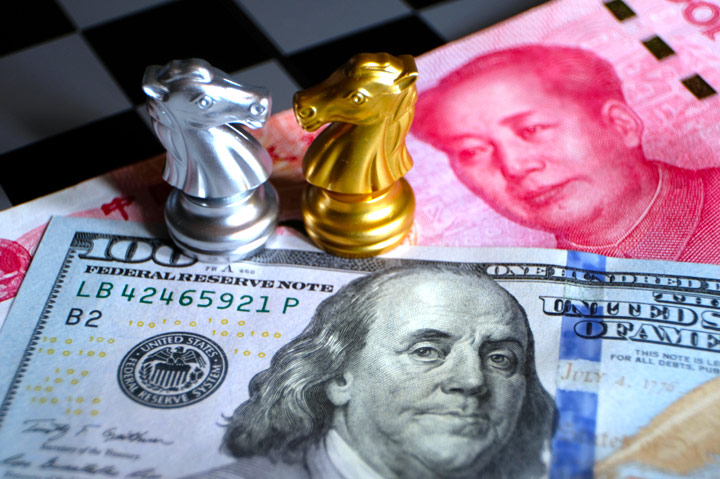News January 20, 2022
Biden Doesn’t Plan to Lift China Tariffs Any Time Soon
The levies must remain in place as China has failed to live up to terms of a trade deal with the U.S., the president said. The majority of promo products sold in the U.S. are made in China.
The China tariffs are here to stay – at least for a while longer.
President Joe Biden said this week that he doesn’t have plans to lift tariffs on billions of dollars’ worth of imported products made in China any time soon.

At a Jan. 19 press briefing, Biden was asked if he planned to end at least some of the tariffs. A reporter noted that certain business groups are eager to have the levies lifted.
Biden responded that U.S. Trade Representative Katherine Tai has been working on the tariff issue but asserted that the timing isn’t right to remove the levies, adding that it’s “uncertain” when they could be set aside.
According to Biden, the key reason for keeping tariffs in place longer is that China has failed to live up to the terms of the so-called “Phase 1” trade agreement, which was established with the U.S. under former President Donald Trump.
“I’d like to be able to be in a position where I can say they’re meeting the commitments, or more of their commitments, and be able to lift some of it,” Biden said. “But we’re not there yet.”
Under the Phase 1 deal, China committed to buying $200 billion in additional U.S. goods and services during 2020 and 2021. However, Chinese purchases had added up to only 60% of the agreed-upon tally through November 2021. It’s uncertain how, or if, China will make up for the shortfall.
$456.83 Billion
Value of China-made goods imported into the U.S. in 2021.
(U.S. Census Bureau)
The majority of products sold in the $20.7 billion North American promotional products industry are produced in China.
Tariffs on promo imports, which include both apparel and hard goods, contributed to price increases in recent years. It also intensified moves by suppliers (and distributors that import directly) to alter their supply chains so that they source more goods from countries outside China. Driven by ongoing trade uncertainty and other factors like COVID-19, promo’s international sourcing diversification has continued.
According to data from the U.S. Census, total U.S. imports from China peaked at $538.51 billion in 2018. The figure dropped to $450.76 billion in 2019, then fell further amid COVID-impacted 2020 to $434.75 billion. Despite tariffs and rampant supply chain disruption, U.S. imports from China rose in 2021, reaching $456.83 billion.
In August 2021, trade groups that include the U.S. Chamber of Commerce, the Business Roundtable, the National Retail Federation, the American Farm Bureau Federation and the Semiconductor Industry Association sent a letter to Tai and Treasury Secretary Janet Yellen saying there’s “increasing frustration” among American corporations with the administration’s review of the U.S.’s China trade and economic policy.
The industry groups contended that the tariffs have been a millstone on the American economy, holding back growth and saddling businesses with greater cost burdens that are ultimately born by everyday Americans.
“Due to the tariffs, U.S. industries face increased costs to manufacture products and provide services domestically, making their exports of these products and services less competitive abroad,” the letter said.
On Thursday, Jan. 20, a spokesperson for China’s Ministry of Commerce said that the global economy would recover faster if the U.S. removed the tariffs on Chinese imports.
“China has always believed the cancellation of imposed tariffs would be beneficial to China, the United States and the world,” said Shu Jueting.
